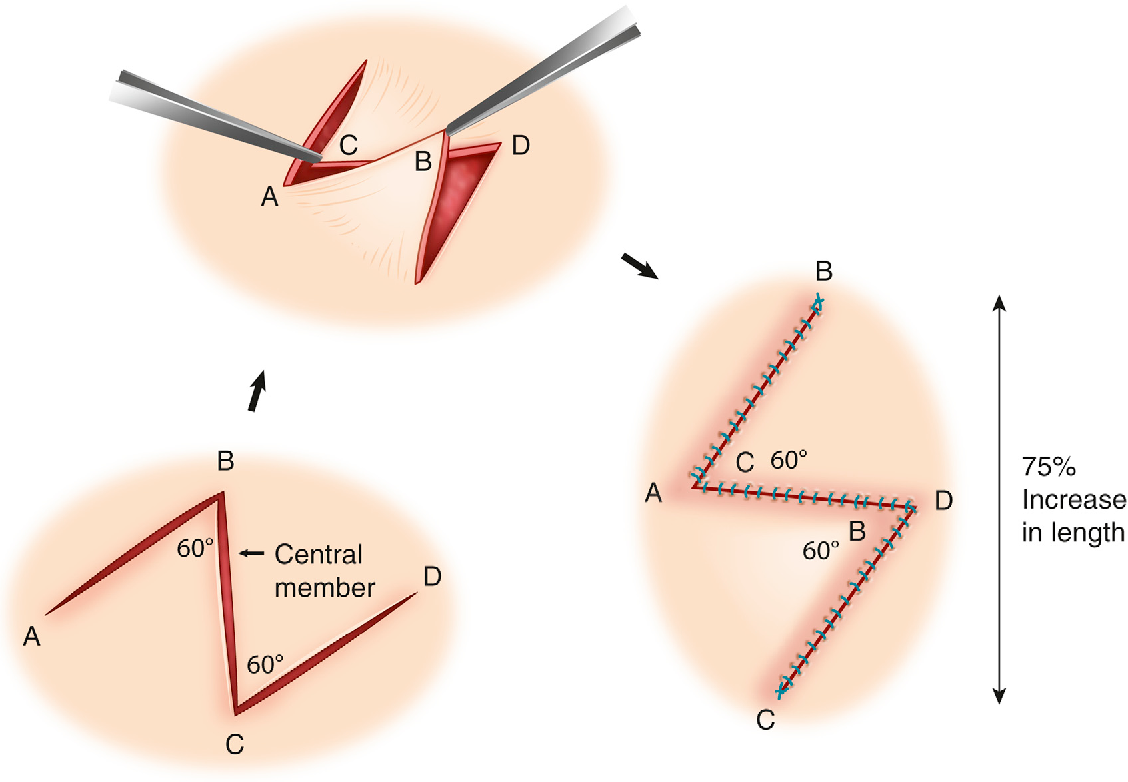
Morbid obesity is a medical condition characterized by an excessive accumulation of body fat that significantly increases the risk of health complications. It is typically defined using the Body Mass Index (BMI), where a BMI of 40 or greater, or a BMI of 35 or greater in conjunction with obesity-related health conditions (such as type 2 diabetes, hypertension, or sleep apnea), qualifies an individual as morbidly obese. This classification indicates that the individual’s weight poses serious health risks and can lead to life-threatening conditions.
General Complications
Individuals with morbid obesity face numerous general complications that can affect various systems in the body:
- Cardiovascular Issues: Increased body weight places additional strain on the heart, leading to hypertension, coronary artery disease, and heart failure.
- Diabetes: There is a strong correlation between obesity and insulin resistance, which can lead to type 2 diabetes.
- Respiratory Problems: Obesity can cause obstructive sleep apnea and other respiratory issues due to excess fat around the neck and chest.
- Musculoskeletal Disorders: The added weight contributes to joint pain and conditions such as osteoarthritis.
- Gastrointestinal Disorders: Conditions like gastroesophageal reflux disease (GERD) are more prevalent among those with morbid obesity.
- Psychological Effects: Individuals may experience depression, anxiety, and low self-esteem due to societal stigma associated with obesity.
- Cancer Risk: There is an increased risk for certain types of cancer, including breast, colon, and endometrial cancers.
These complications highlight the urgent need for effective management strategies for individuals suffering from morbid obesity.
Indications for Surgery
Surgical intervention for morbid obesity is generally considered when:
- Conservative Measures Fail: Patients who have not achieved significant weight loss through diet, exercise, or medication after six months may be candidates for surgery.
- Severe Health Risks: Individuals with a BMI of 40 or higher or a BMI of 35 with comorbid conditions such as diabetes or cardiovascular disease are often recommended for surgical options.
- Quality of Life Impairment: If obesity severely impacts daily functioning or quality of life, surgical options may be indicated.
- Commitment to Lifestyle Changes: Candidates must demonstrate a willingness to adhere to post-operative lifestyle changes including dietary modifications and regular physical activity.
These criteria ensure that surgery is pursued only when it presents a viable option for long-term health improvement.
Type of Surgery
There are several types of bariatric surgery performed on morbidly obese patients:
- Roux-en-Y Gastric Bypass (RYGB): This procedure involves creating a small pouch from the stomach and connecting it directly to the small intestine, bypassing a significant portion of the stomach and duodenum which reduces calorie absorption.
- Sleeve Gastrectomy: In this procedure, approximately 75-80% of the stomach is removed, leaving a tube-like structure that limits food intake while also influencing gut hormones related to hunger.
- Adjustable Gastric Banding: A band is placed around the upper part of the stomach creating a small pouch that limits food intake; however, this method has fallen out of favor due to lower long-term success rates compared with other procedures.
- Biliopancreatic Diversion with Duodenal Switch (BPD/DS): This complex procedure involves both sleeve gastrectomy and intestinal bypass which significantly reduces calorie absorption but requires careful nutritional monitoring postoperatively.
Each type has its own benefits and risks; therefore, patient selection should be individualized based on specific health needs and preferences.
Postoperative Complications
Postoperative complications following bariatric surgery can include:
- Nutritional Deficiencies: Patients may experience deficiencies in vitamins such as B12, iron, calcium, and vitamin D due to altered digestion and absorption processes requiring lifelong supplementation.
- Dumping Syndrome: Common after gastric bypass surgery; symptoms include nausea, vomiting, diarrhea after consuming high-sugar foods due to rapid gastric emptying into the intestines.
- Infection Risks: Surgical site infections can occur postoperatively if proper care isn’t taken during recovery.
- Anastomotic Leaks: Leaks at surgical connections between parts of the gastrointestinal tract can lead to serious complications requiring further surgical intervention.
- Gallstones: Rapid weight loss post-surgery increases gallstone formation risk which may require additional treatment.
- Psychological Effects: Some patients may experience emotional challenges adjusting post-surgery due to changes in body image or social dynamics related to their new lifestyle choices.
Understanding these potential complications emphasizes the importance of comprehensive preoperative counseling and postoperative follow-up care in managing patients effectively after bariatric surgery.





